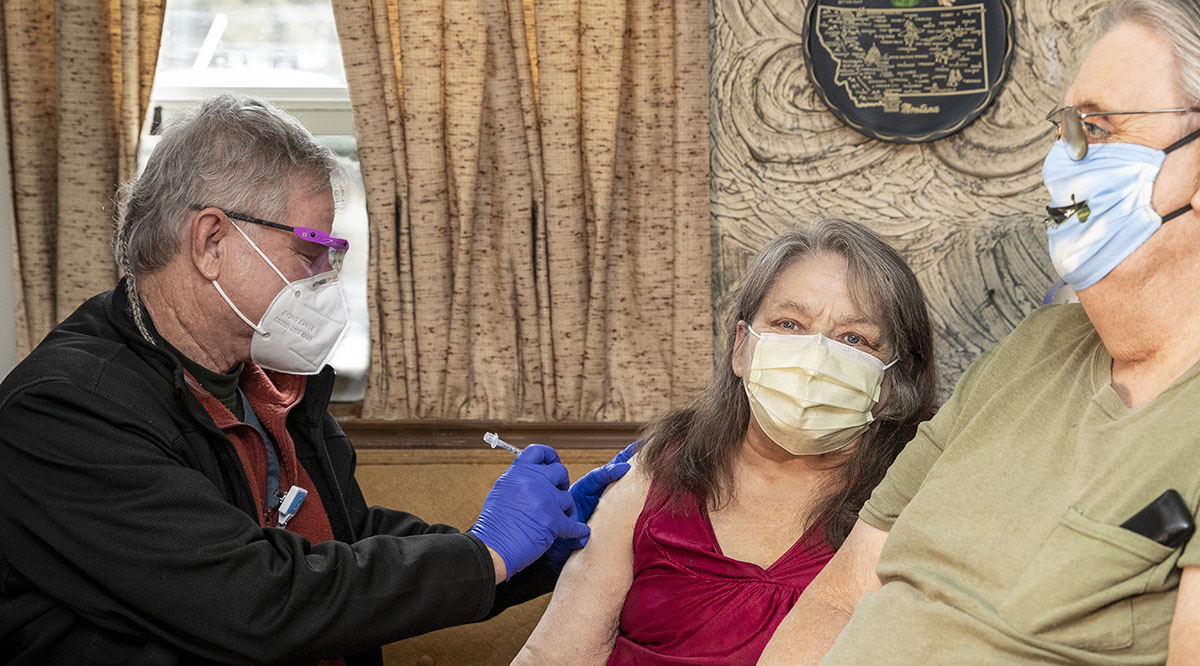Hypokalemia (Low Potassium) in Elderly Group

Critical Electrolyte Imbalance
Hypokalemia can be life-threatening in elderly patients if not detected and treated promptly.
Hypokalemia may result from inadequate potassium intake, increased potassium excretion, or a shift of potassium from the extracellular to the intracellular space. Increased excretion is the most common mechanism. Electrolyte imbalance is a common problem affecting the elderly.
Serious Consequences
Lower potassium levels in elderly may lead to severe problems and worse case scenario fatal death can occur if levels are too low.
Severe hypokalemia may manifest as bradycardia with cardiovascular collapse. Cardiac arrhythmias and acute respiratory failure from muscle paralysis are life-threatening complications that require immediate diagnosis.
Early Signs of Hypokalemia
Have you heard your elderly parents complaining such signs and symptoms?
Physical Symptoms:
- • Body weakness
- • Fatigue
- • Muscle cramps or twitching
- • Constipation
- • Arrhythmia (abnormal heart rhythms)
- • Worsening diabetes control
- • Palpitations
- • Tingling or numbness
Psychological Symptoms:
- • Psychosis
- • Delirium
- • Hallucinations
- • Depression
- • Memory impairment
- • Disorientation
- • Confusion
What Causes Low Potassium in Elderly Adults?
1. Malnutrition and Dehydration
- • Eating unhealthy foods or not eating at all
- • Lack of hydration leading to potassium loss
2. Medications
- • Most common cause: excessive potassium loss in urine
- • Water pills or diuretics
- • Prescribed for high blood pressure or heart disease
Serious Complications
If left untreated, severe hypokalemia can lead to:
- • Paralysis
- • Cardiac arrhythmias
- • Cardiac arrest
- • Respiratory failure
Doctor House Electrolyte Management
Our specialized team provides comprehensive electrolyte monitoring and management for elderly patients, including blood tests and treatment for hypokalemia at home.